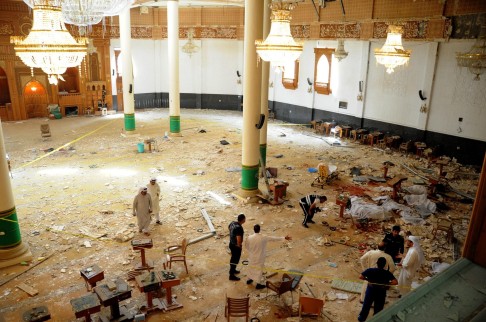How wave of killings in Tunisia, France and Kuwait echo chilling methods of IS
The targets - Shiite Muslims, French workers and western tourists in Tunisia - and the alleged attackers all share similarities with past strikes

Three different attacks, one overall suspect. The wave of killing yesterday will undoubtedly be attributed to Islamic State (IS), which has already reportedly claimed responsibility for one amongst them, with strong indications of a role in the others.
Each attack hit a different target in a different way, and underlines the varied nature of a constantly evolving threat.
One involved Muslims killing Muslims in the Middle East itself - a bomb in a Shia mosque in Kuwait, a conservative Gulf state with a Sunni Muslim majority. This is part of the horrendous sectarian violence which has increasingly convulsed the region over the last five years and shows no sign of abating.
Outright war against Shiites - seen as apostates by Islamic State - is a core aim of the terrorist organisation which goes back to its origins in Iraq a decade or more ago. This is a reminder that the vast proportion of casualties of terrorism are Muslims killed by co-religionists.

The second targeted western tourists in Tunisia. Hotels and holidaymakers have been a frequent target in recent years. Western tourists are both an obvious and vulnerable presence in the Islamic world. An attack on a hotel will attract global attention, mark a group's influence and badly damage the local tourist industry.
"Tunisia's economy is heavily dependent on tourism and that revenue is now about to all but disappear, leaving Tunisia in dire straits at a critical junction in its political transition," North Africa analyst Geoff Porter said.
